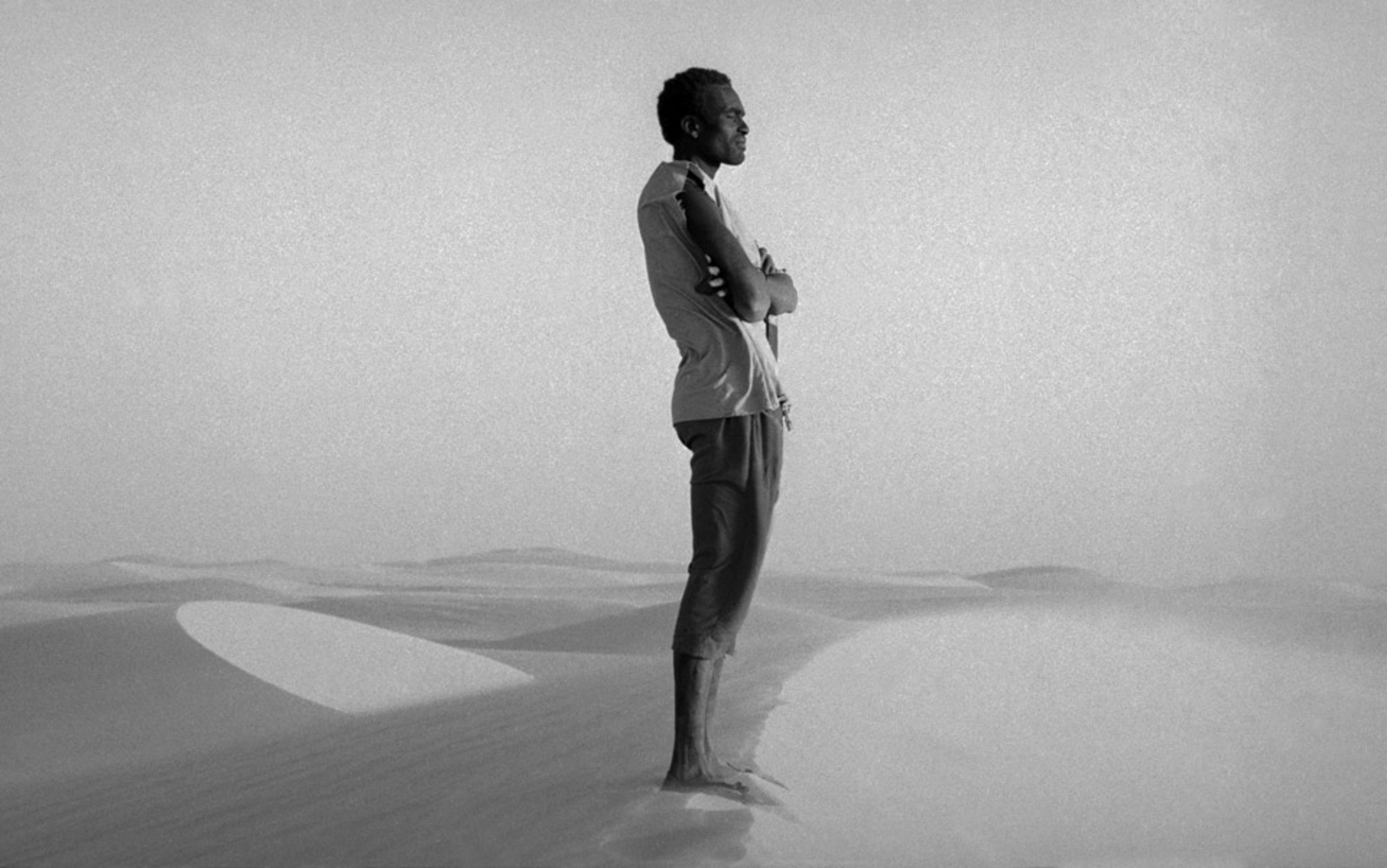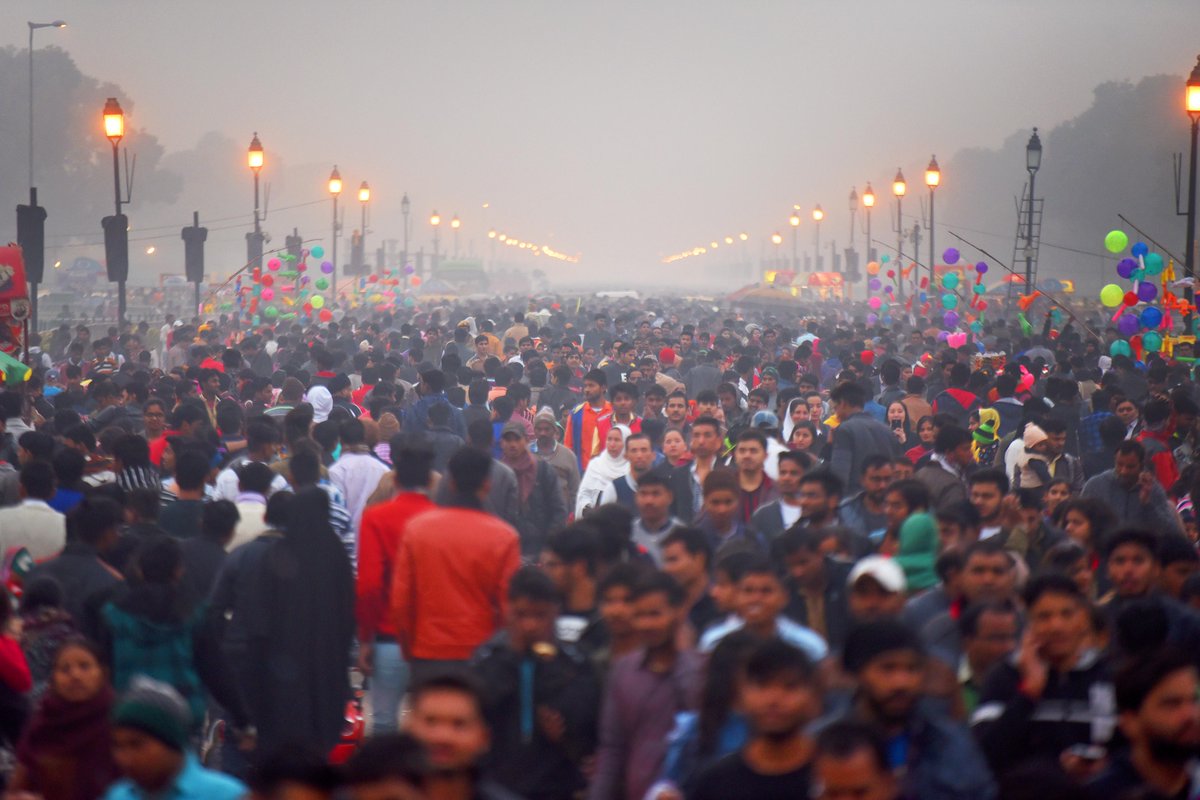- Visitor:14
- Published on:
The Meaning of History
Identity is a concrete guide in life and a help at times of crisis, for it gives you the strength to stand on your two legs and to believe in yourself. It also builds up a national feeling; not the arrogant sense of superiority of the conqueror, but a legitimate pride in a long string of creditable achievements and generous contributions.

Whether we like it or not, India is not a nation like, say, Sweden or Mexico. It has not only a bewildering richness inhuman, linguistic and cultural terms but an unparalleled depth in time. More than a nation, India is a civilization, and our historical approach must reflect this larger dimension: When and how did this civilization begin? How did i tmanage to integrate the myriad cultures of the subcontinent into onerecognizable whole? What kind of social and administrative systems did itevolve? What were its advances in art, in mathematics or astronomy, intechnologies? Is it possible to define specific features of its culture? Did it borrow from other civilizations or enrich some of them, or both? Or did it conquer other lands and wipe out cultures there? And how did it manage to survive through millennia when all the other civilizations of the ancient world have long disappeared under the sands of Time? Every great Indian has grappled with these questions, which in the enddefine Indian identity.
Let me just quote Rabindranath Tagore in 1903: “Our real ties are with the Bharatavarsha that lies outside our textbooks. If the history of this tie for a substantially long period gets lost, our soul loses its anchorage. After all, we are no weeds or parasitical plants in India. Over many hundreds of years, it is our roots, hundreds and thousands of them, that have occupied the very heart of Bharatavarsha. But, unfortunately, we are obliged to learn a brand of history that makes our children forget this very fact. It appears as if we are nobody in India; as if those who came from outside alone matter.”And it appears that Indian students continue to be nobody in India: the colonial foundations of our history remain largely in place. As long as they are, the purpose of history teaching will not be met. As individuals, we are just that—separate entities thrown haphazardly in space and time. But with a proper historical perspective, we are no longer isolated individuals: we become part of a stream of civilization—an ancient stream, in India’s case, one that gives us identity and a sense of belonging. This is not an abstract feeling: identity is a concrete guide in life and a help at times of crisis, for it gives you the strength to stand on your two legs and to believe in yourself. It also builds up a national feeling; not the arrogant sense of superiority of the conqueror, but a legitimate pride in a long string of creditable achievements and generous contributions. Then history becomes a living teaching that can shape and enrich young minds and hearts. The “aim and principle of a true national education,” wrote Sri Aurobindo in 1929, is “not, certainly, to ignore modern truth and knowledge, but to take our foundation on our own being, our own mind, our own spirit.”
References:
Michel Danino (May-June 2011), Why and How to Teach Indian History, published in Teacher Plus Teacher Plus, pp. 8–11
The Centre for Indic Studies is glad to launch an online course titled “Bharatvarsha: A History of India in 25 Lessons“. Classes will begin from 3rd June. Class timings will be announced on 30th May. For more details, please enroll now and book your seat at : cisindus.org/indiccourses.
Centre for Indic Studies is now on Telegram. For regular updates on Indic Varta, Indic Talks and Indic Courses at CIS, please subscribe to our telegram channel !
- 7 min read
- 0
- 0










